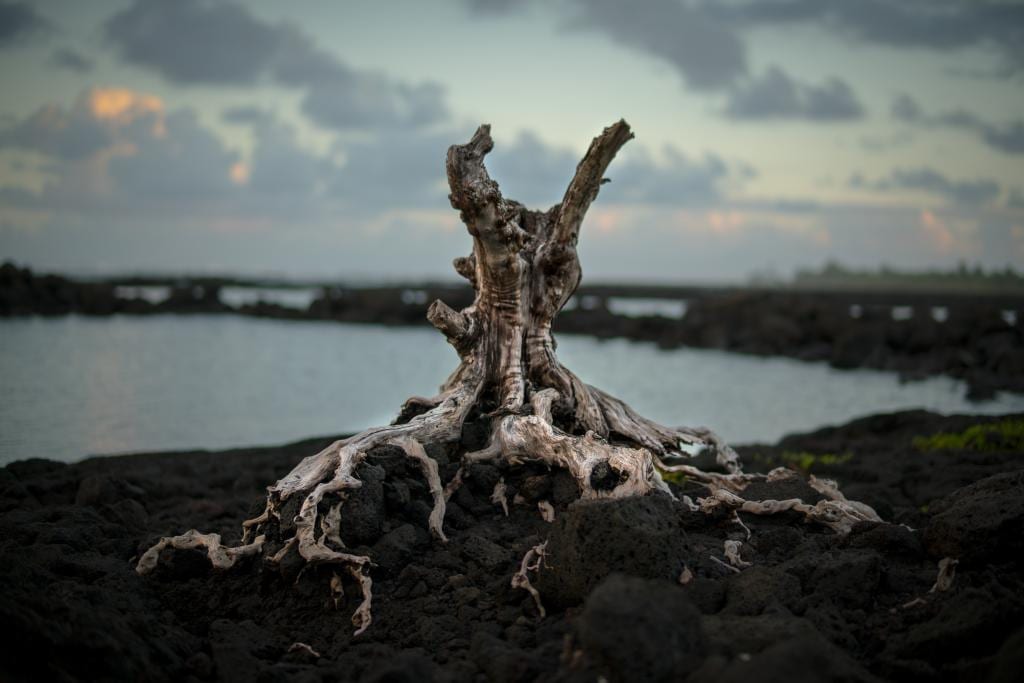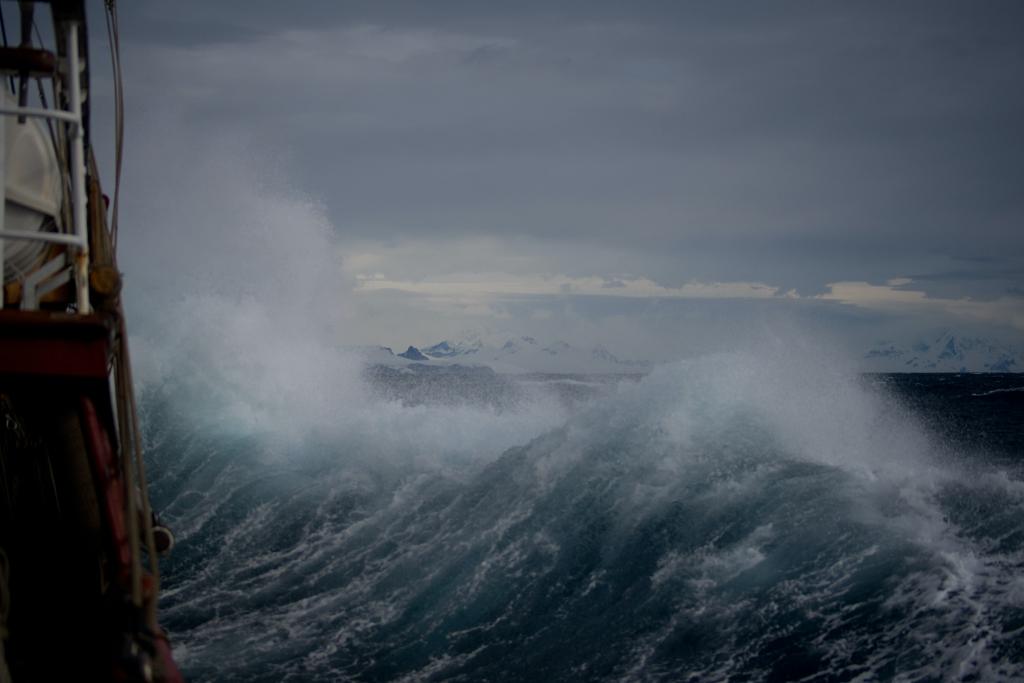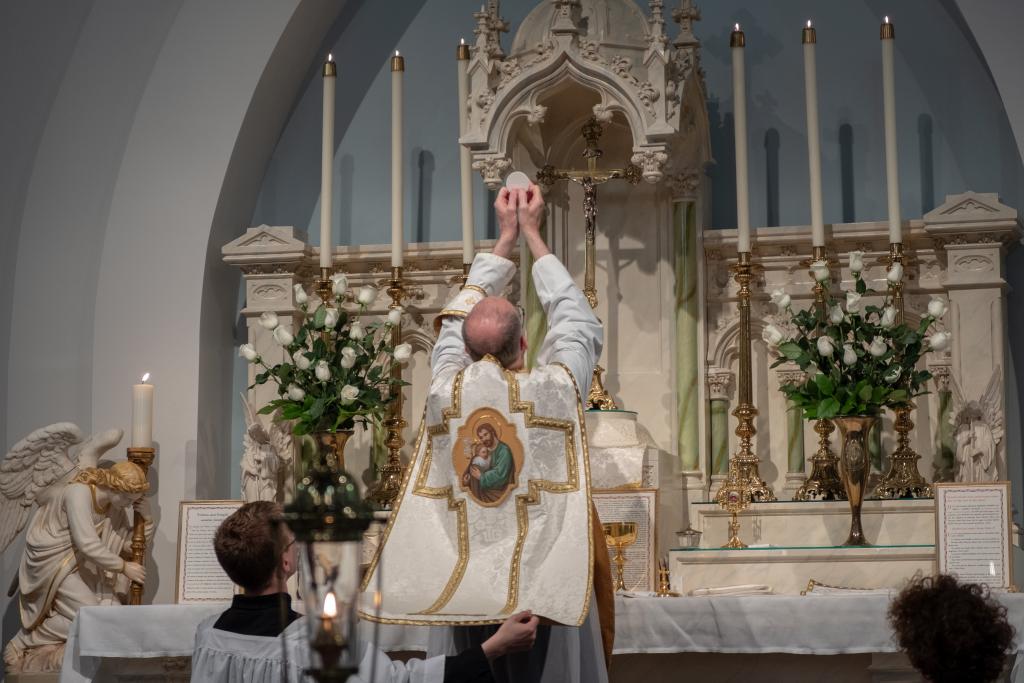
There is a scene in the film Silence that I think about a lot. Father Rodrigues watches in horror from a distance as Father Garupe attempts to save the life of a young convert who has been condemned to death. Garupe desperately swims after the woman, who has been thrown in the ocean with her hands tied behind her. In the end, they are both dragged under and perish together. Father Garupe dies a martyr’s death. Ironically, his failure to save the young woman is his greatest success.
Fr. Rodrigues, in contrast, will have to live. And in living, he will have to suffer, renounce his faith, and live a life of continuous spiritual deaths. In death, Fr. Garupe gets the better part. And yet, Fr. Garupe did not want to die; he wanted to live. And wanting to live was necessary in order to achieve martyrdom. And therein lies the Christian paradox.
Does Heaven Make Life Less Valuable?
Karl Marx famously referred to religion as “the opiate of the masses.” He believed that by holding out the promise of a better life to come, religion kept oppressed people from rising up. He had a point. If the only purpose of this life is a sort of moral test to win entry into Heaven, what is the value of improving conditions here on Earth? The only goal for a Christian, according to this view, would be to accept suffering, avoid sin, and hopefully die quickly. The sooner one reaches death, the sooner one enters Heaven. But this isn’t how Christian’s value life. Why?
Life is of infinite value. There is nothing more sacred, nothing more worthy of protecting. Like Fr. Garupe, desperately fighting against the water, swimming against all hope, we are told to fight to preserve it. Indeed, we are to fight against death as intensely as we would if we did not believe in an afterlife. Is this because, deep down, we don’t believe? Was Fr. Garupe swimming so hard because in reality he was just afraid of dying? Very possibly. There is an element of doubt in even the strongest faiths. But I think it’s something more than that as well. Christians do not live for the next life. We live for this one.
What is Resurrection of the Body?
Contrary to the way most of us talk about the afterlife, our souls don’t go live in Heaven forever after our deaths. The spiritual afterlife is only a temporary state. Even in Heaven, the spiritual afterlife is imperfect. Why? Because we need our bodies. Catholics believe that at the end of time our bodies will be resurrected and our whole selves will live in communion with God. This means, fundamentally, that God did not intend human beings to be separate from our bodies. Our souls are not trapped in a corporal prison. We are corporal beings. Our bodies are part of who we are, who we are supposed to be. It is only because sin brought death into the world that we are ever separated from our bodies at all.
Death, then, is not just the next phase in human existence, a necessary if unpleasant step into Heaven. It is the violent separation of soul and body, something utterly unnatural which was never meant to occur. Death is evil. Fortunately, Christ’s Resurrection has saved us from death. His bodily Ascent into Heaven was victory over sin and death.
What Does Death Mean for Christian Life?
Christians are not supposed to simply look forward to the afterlife. Death is not our goal. Our goal, truly, is living. Living eternally, corporeally, physically. Life is not a temporary state; it’s forever. And the extent to which we reject death, fundamentally, is the extent to which we reject sin. Because sin is death.
This is the answer to the Christian paradox. Christians avoid death, not because we fear annihilation, but because we fear sin. And we know that death is the ultimate evidence of sin’s grip on the world. The goal of a Christian is not simply waiting for passage into the Kingdom of God but striving to bring the Kingdom of God into the here and now. Because we want to live in that Kingdom with our whole selves. Far from the image of a Christian as one on opiates, a Christian is one who is awake.















